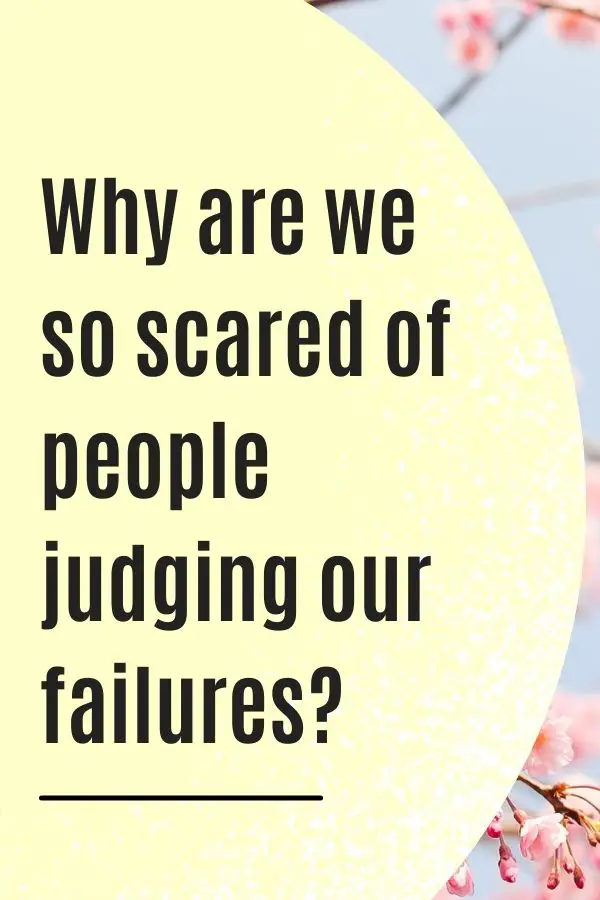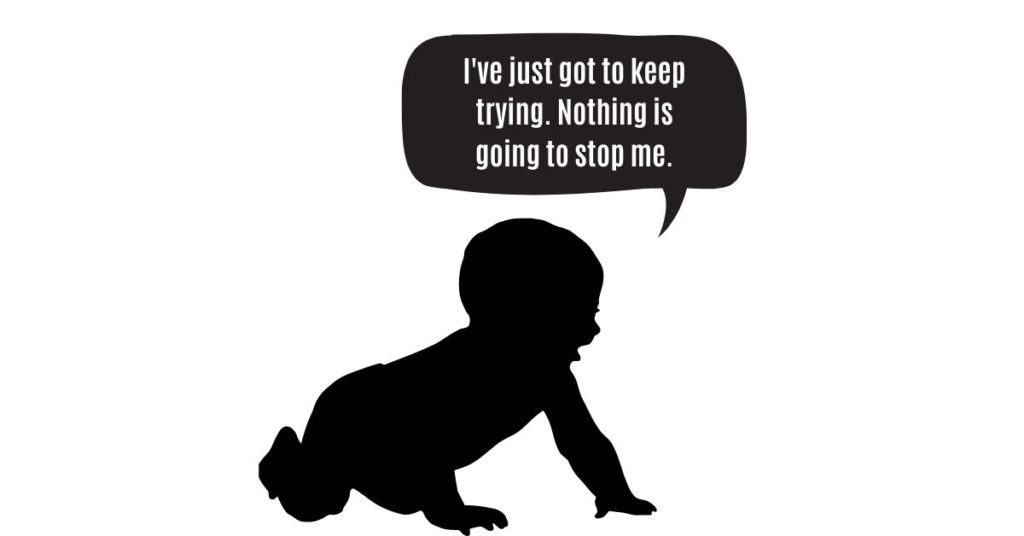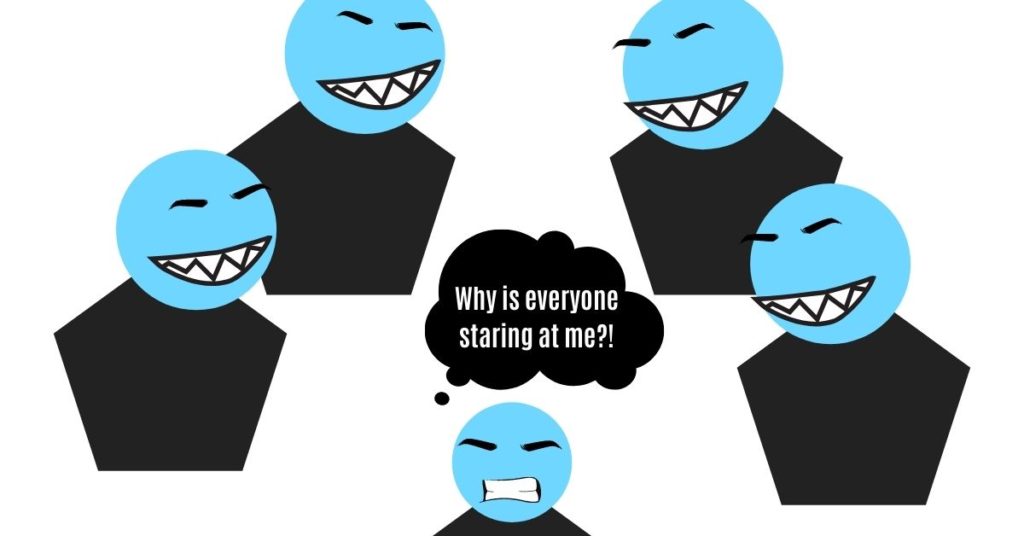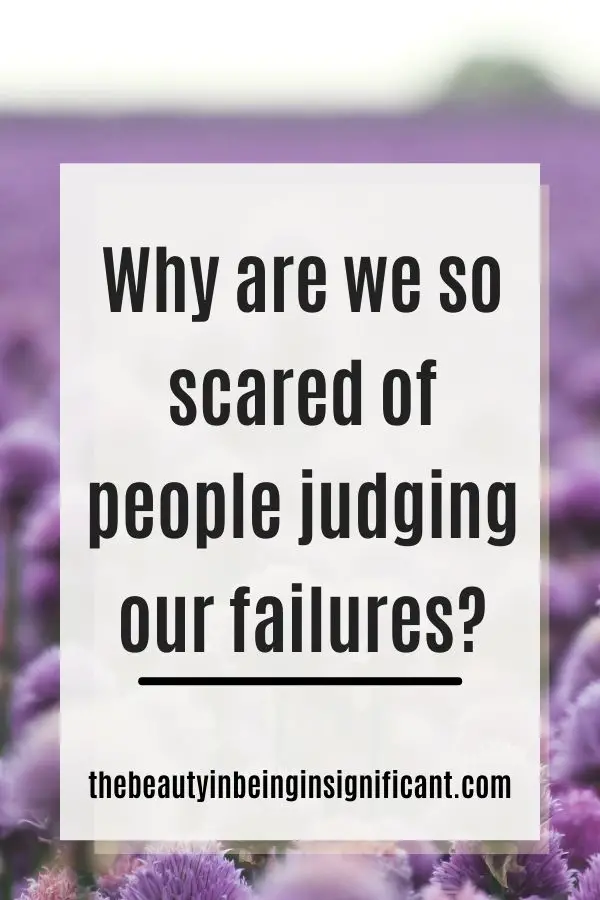I’m at a point in my life where I’m leaving university, going down a new career path, and I’m beyond looking forward to it. However, something struck me the other day. I’m once again going to be put into an environment where I was the least experienced. The runt of the litter. My initial reaction to this was pure terror. “What if I say something stupid on my first day?”, “How will I recover if I mess up my first task?”, “What if I’m not good enough?”. I took comfort in the words of Stoic philosopher Epictetus who once said “If you want to improve, be content to be thought foolish and stupid”. Within the context of his quote, I believe he was talking about dedication to the stoic philosophy but I think it may perfectly align with this situation. Let’s talk about:
- How humans were fearless and curious as infants.
- Why that changed as we became older.
- What we can do to improve ourselves.

Before we begin, it’s always important to provide the full quote.
If you want to improve, be content to be thought foolish and stupid with regard to external things. Don’t wish to be thought to know anything; and even if you appear to be somebody important to others, distrust yourself. For, it is difficult to both keep your faculty of choice in a state conformable to nature, and at the same time acquire external things. But while you are careful about the one, you must of necessity neglect the other.
Epictetus, Enchiridion 13
Table of Contents
The peak of curiosity in infancy

As humans, it can be argued that we are at our most curious when we are infants. In our eyes, everything is new, shiny, and must be explored. At first, we use the crawling method to get us to where we want to go. However, we eventually realize that this isn’t the most effective way as we see our parents walking on their two legs. Our immediate thought? “I can do that as well, let me try”.
And so begins one of our earliest encounters with failure. In a study of 130 toddlers, researchers found that these brave adventures fell about 69 times an hour. That’s 69 times where they tried their hardest to walk but failed and stumbled to the floor.
An interesting thing about failure is that a lot of us place a huge emphasis on the fact that OTHER PEOPLE saw us fail. We’re not content to be thought foolish at all as it strikes our ego to the very core. Infants don’t seem to have this issue.
Their newly developing sense of self simply doesn’t register the concept of others caring about their failure. And so they relentlessly keep trying after failing each time. Determined to stand on their own two feet. We were so fearless back then.
The spotlight effect in our teens and adulthood.

Once we start hitting puberty things becomes a whole lot more intense. We become more aware of social pressure and start falling prey to the spotlight effect.
This is a psychological phenomenon where we have the tendency to overestimate how much other people notice our mistakes/flaws. My hair looks awful today. Everyone is going to notice that pimple on my nose. When I mess up, everyone will laugh at me.
This puts us into a constant state of anxiety worrying about what other people think about us. Consequently, this can make us become stuck in life as we become too afraid to take risks. We aren’t content to be thought of as foolish and stupid because we think that it will have tremendous negative social consequences.
How do we improve?
As with all things related to anxiety, I believe that it is always a good idea to visit a trained and licensed professional. They are the ones who are best equipped to deal with your individual needs. The words I write here are some of the things that have worked for me, and may not necessarily work for you.
Personally, I believe the first and most important step is to develop an awareness of your own intention-behaviour gap. This is the difference between what you say you’re going to do and whether or not you actually do it.
If you say that you want to be content to be thought foolish and stupid, as Epictetus dictates, then you’re going to have to track the times where you had the opportunity to act accordingly and chose not to do so. I’ll use myself as an example.
My personal experience

A few years ago, I attended a social gathering with some academic friends. As the event dragged on into the evening, the topic of conversation flowed into a scientific field that I was clueless about. Some of the brightest people in that field were saying a lot of big words, explaining complex concepts, and I was dumbfounded.
At one point, they turned to me asking about my opinions on the topic of discussion. Now, I had two options. Option A. Lie that I knew what was going on and try to make it up as I went along. Option B. Be content with the fact that I was foolish in this regard and be honest. I took option A and immediately regretted it.
I could see from their faces that they all knew that I was faking it, and eventually one of them called me out on it. It was one of the most embarrassing events of my academic life. Instead of trying to save my own ego, I should have just said, “Hey, this topic is really cool and interesting but I’m not really at the level that you’re on. Do you mind if I simply listen and observe?”.
If I had gone down this path, I would have left the event learning more about a really cool topic. Instead, I left feeling ashamed, anxious having learnt nothing.
So my advice is to simply take note of whenever you’re letting your ego get in your way when it comes to looking foolish. Is this a time to step back and learn? Am I letting the fear of judgement of others guide my actions right now? These are the questions that you will need to engage with.
Final thoughts
At the end of the day, I wish that we could have retained more of the fearless curiousity that we had when we were infants. But we’re stuck with the cards we’re dealt with now. So, as much it our ego hurts, we have to accept that it won’t kill you to not be the smartest person in the room. In fact, you’re in the best position to learn something. That’s a lesson that I hope to carry on to my new job and along with me in my career.
Do you agree with Epictetus’ saying? Is there a time where you let your ego run wild instead of taking a back seat? Let me know in the comments below. I’m curious!


I have an example of my being a complete idiot. Many years ago, I was with a friend at UMASS one weekend and his friends went out and bought a bunch of food for a barbecue. I suggested a recipe for the swordfish that included basting it with mayonnaise. The problem was that I acted like I knew how much to use, which I since learned was, VERY LITTLE, like barely any, but instead I said “just slather it on”. They did, and the expensive fish, paid for by his friends, was ruined. They resented me, justifiably, and I left there an outcast. I still feel badly about the incident years later. Now when I don’t know something I’ll come right out and say so.